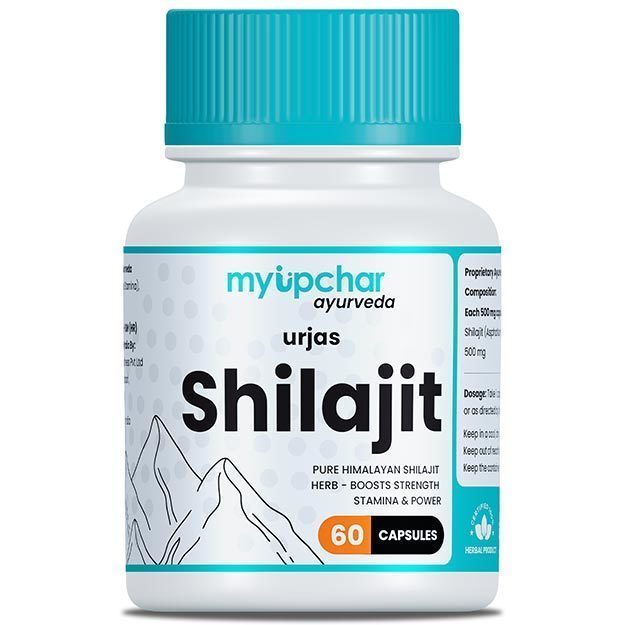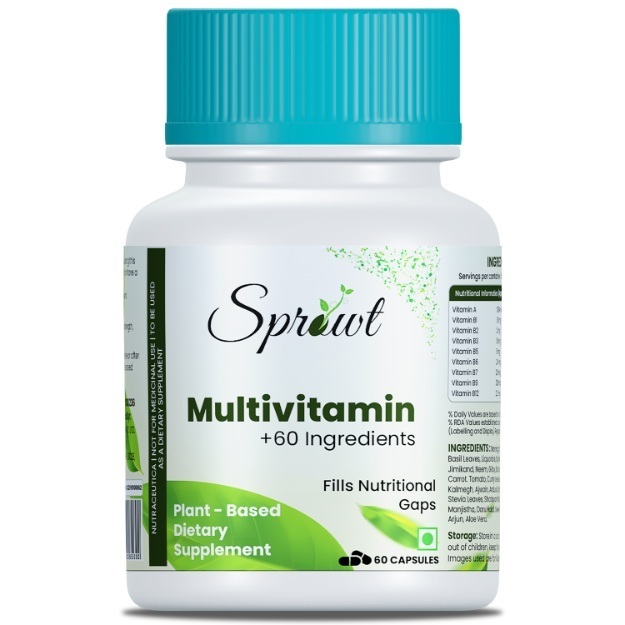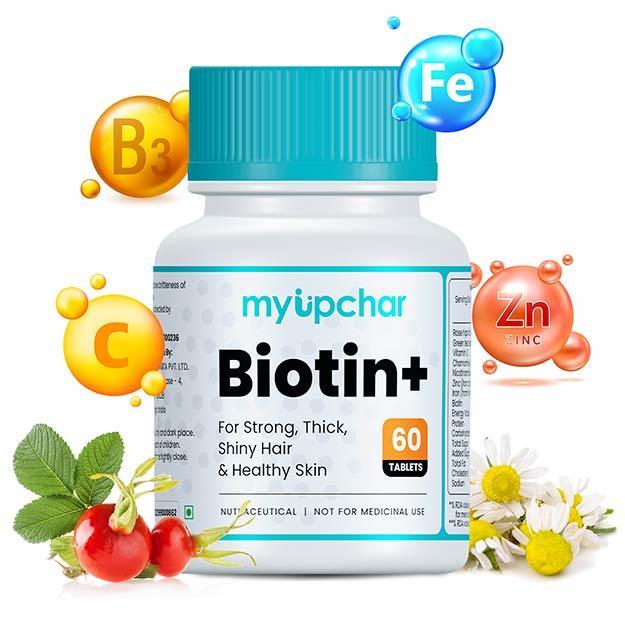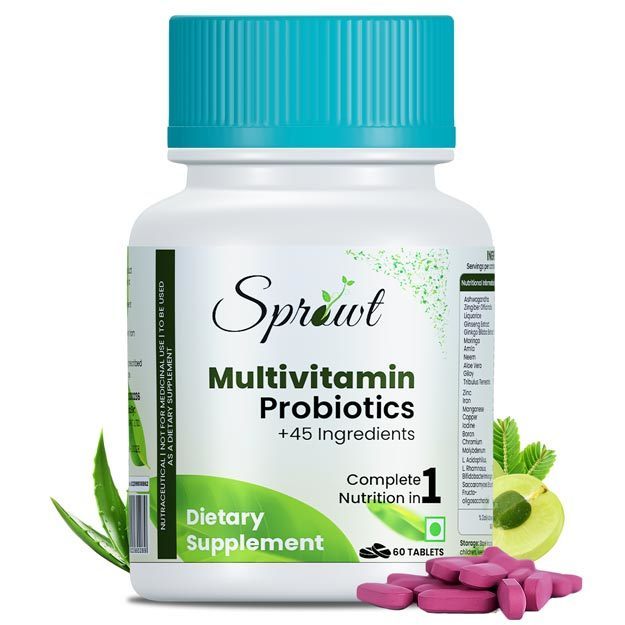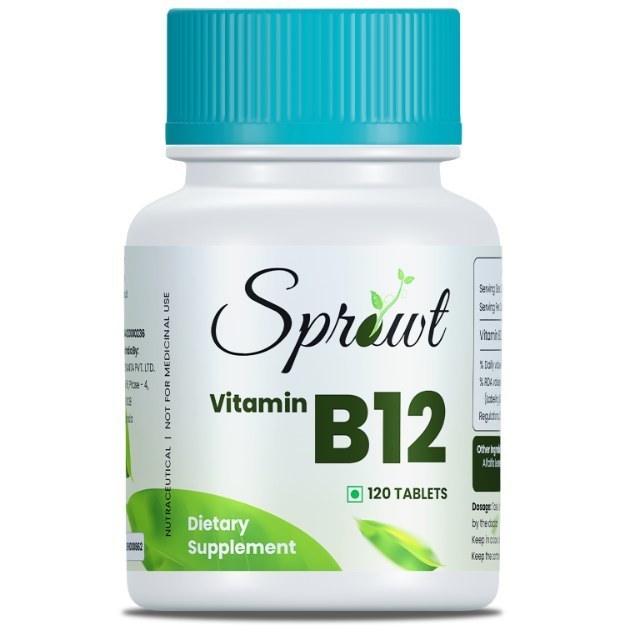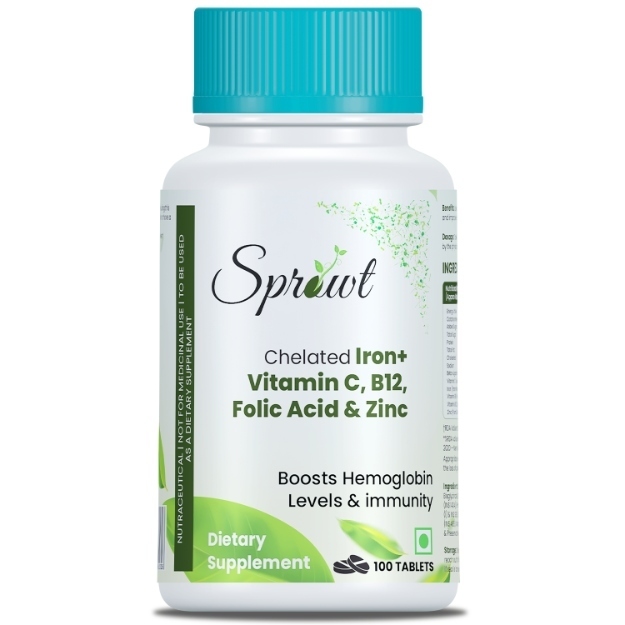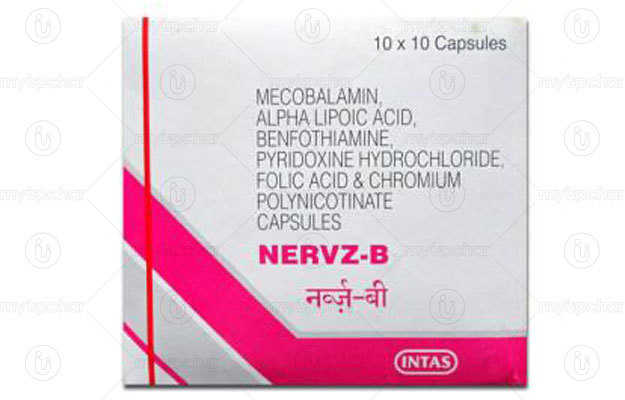Afol is a prescription drug, available for use as Capsule, Injection, Tablet. Primarily, it is used for the treatment of Megaloblastic Anemia, Nutritional Deficiency. Other than this, Afol has some other therapeutic uses, which have been discussed ahead.
The correct dosage of Afol depends on the patient's age, gender, and medical history. Individual symptoms and route of administration also determines the right dosage. Detailed information has been provided in the dosage section.
Apart from the aforementioned side effects, Afol can also lead to other problems, which have been listed below. These side effects of Afol are usually temporary and subside with the completion of treatment. Please speak with your doctor if these side effects worsen or persist for a longer duration.
Furthermore, you should know that effect of Afol is Safe for pregnant women and Safe for women who are breastfeeding. In addition, Afol's effects on the liver, heart and kidney are discussed below in the Afol related warnings section.
Afol is not recommended if you suffer from certain medical conditions as it can have adverse effects. Drug Allergy are examples of such conditions. Other contraindications of Afol have been discussed in the sections ahead.
Drug interactions for Afol have been reported in the medical literature. Refer to the list below for further details.
In addition to the above precautions for Afol, it is important to know that it is safe while driving, and is habit-forming.
X









